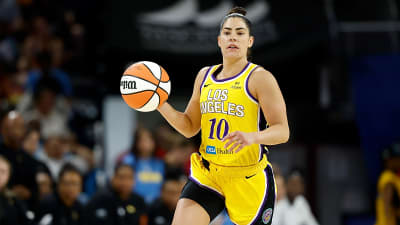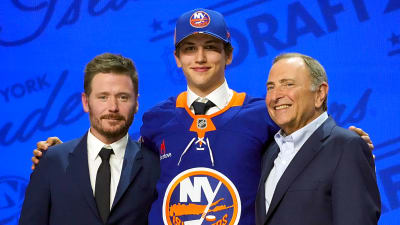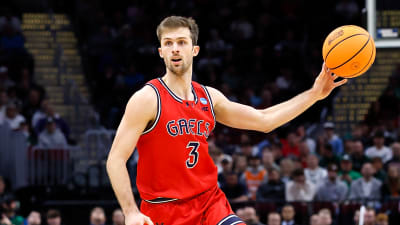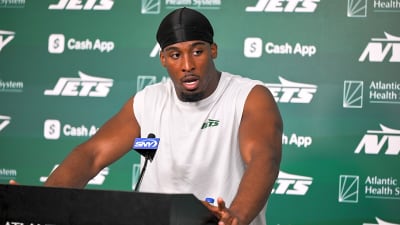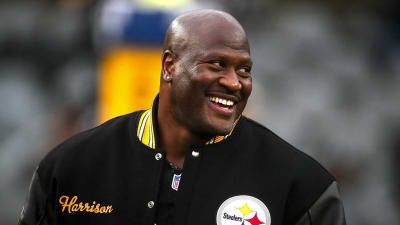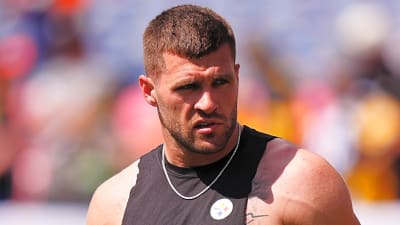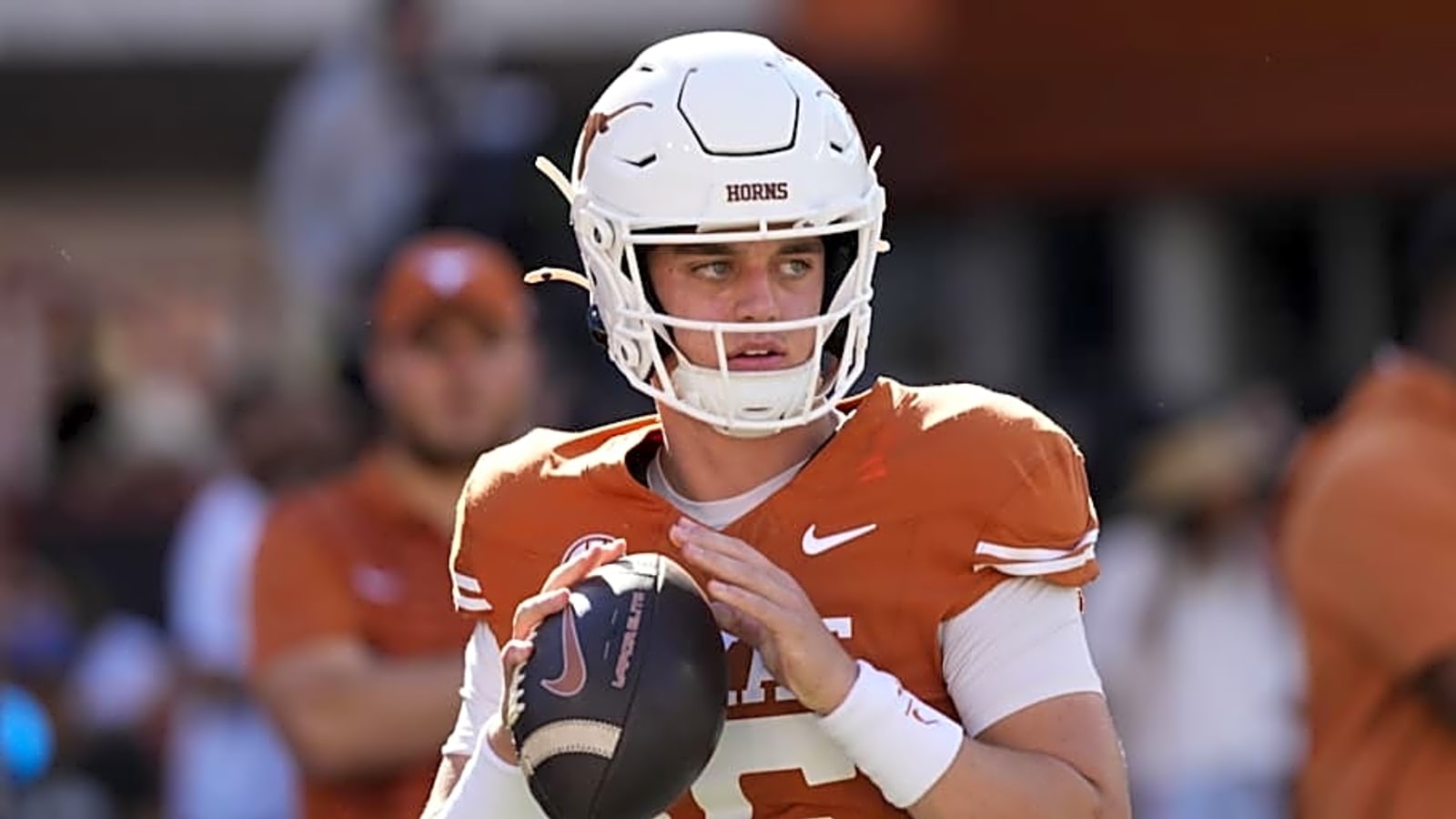
While college athletics prepares for the major shift of the Name, Image and Likeness space, there is a controversial NCAA rule that could shatter deals for athletes.
Before the House v. NCAA settlement, schools, collectives and brands basically operated in the NIL world freely. Agreements with brand sponsors – some eclipsing millions of dollars – weren't lined with red tape.
However, beginning July 1, every deal totaling over $600 is subject to a clearinghouse process "NIL Go," established by the College Sports Commission and ran by Deloitte.
The process itself isn't the issue, but the confidentiality clauses within the NIL Go blueprint are causing some concerns among agents, according to NIL expert Darren Heitner.
"Every NIL deal over $600 goes into a Deloitte-managed database," Heitner wrote. "But WHO gets access? The NCAA won't say. Your athlete's Nike deal details could be floating around for rivals to exploit. Zero data protection guarantees = zero trust."
Heitner – a former law professor and one of the key figures in drafting Florida's NIL legislation – found that "Section E" within the NCAA's House Settlement documents could cause a serious issue.
The clearinghouse process requires all NIL deals worth over $600 to be reported alongside written documentation, clear agreement terms and compensation details. And that information is considered sensitive in nature, especially to agents and competing brands.
“Agents are worried this could deter some brands from engaging with college athletes altogether, especially if they fear their proprietary terms will be exposed," Heitner wrote.
More and more brands have entered the NIL space, supporting some of the top college athletes in the country like Texas quarterback Arch Manning, who has partnered with major brands like Uber and Redbull, among others.
But the future has more questions than answers given the controversial confidentiality clauses surrounding NIL Go.
The NCAA can get ahead of the issue by instituting exemptions for true brand deals, clarifying data protections and addressing confidentiality conflicts, according to Heitner, who pleaded to the governing entity to listen to those who are already involved in the NIL world.
"The NCAA/Commission has a chance to get at least this portion of the clearinghouse right, but it’s going to take listening to the folks on the ground—agents, college athletes, and brands—who live this every day," he wrote.
More must-reads:
- Auburn earns major recruiting win, flips four-star QB from Penn State
- Chase Elliott wins wild NASCAR Cup Series race at EchoPark Speedway
- The 'NFL head coaches' quiz
Breaking News
Trending News
Customize Your Newsletter
 +
+
Get the latest news and rumors, customized to your favorite sports and teams. Emailed daily. Always free!

